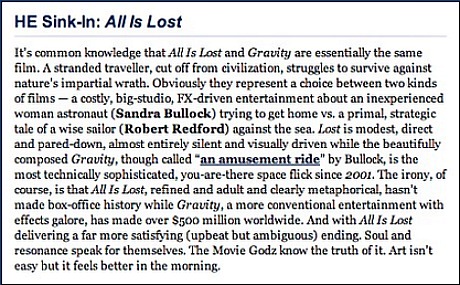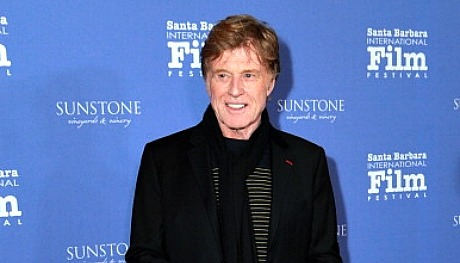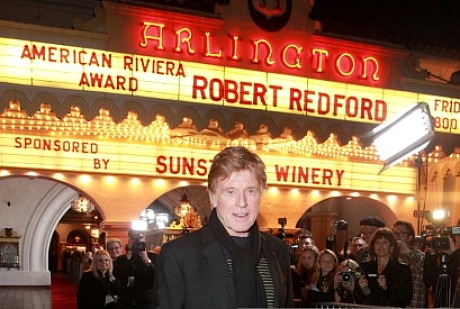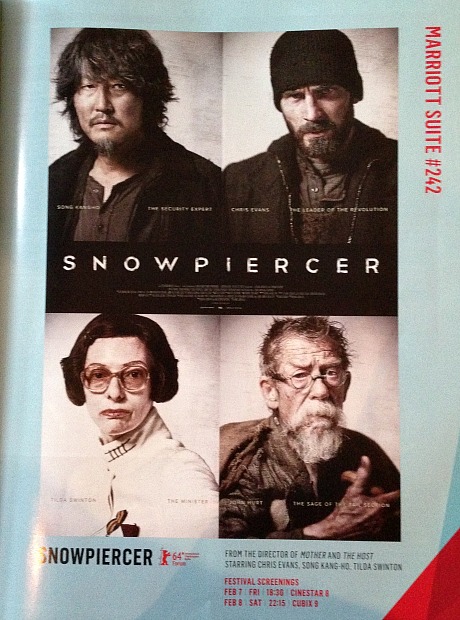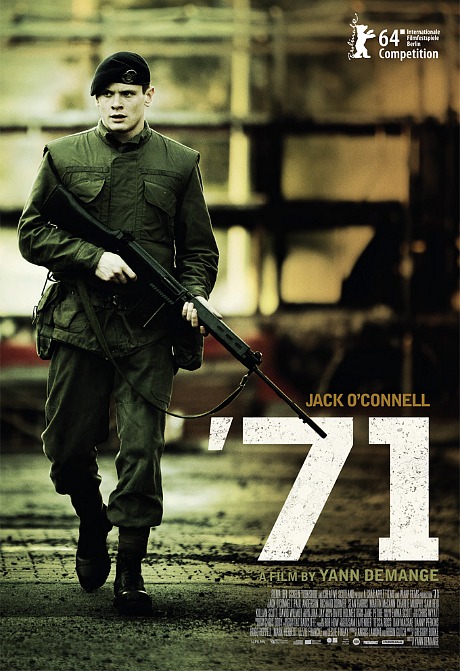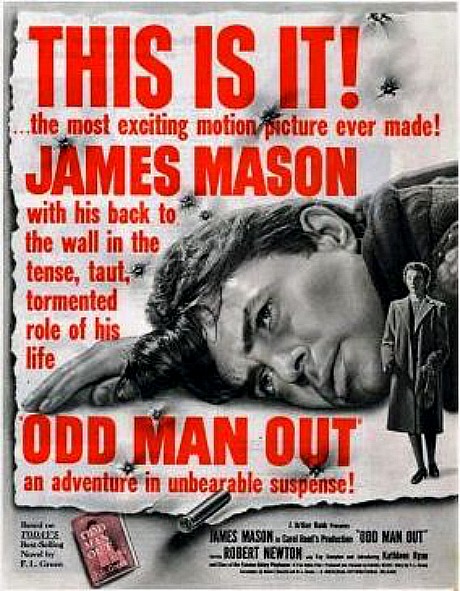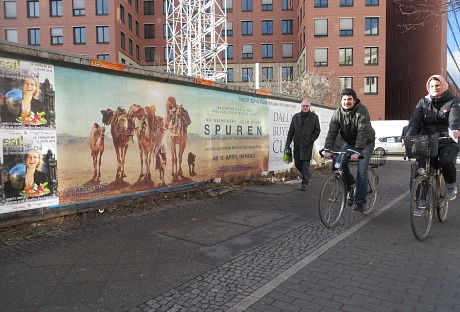It’s 6:15 am in Berlin. An hour or so ago, a sensible-sounding New Jerseyan named Richard Luettgen posted the following on the N.Y. Times website in response to Woody Allen’s just-posted statement about Dylan Farrow‘s allegation of child molestation: “In the end, there’s sufficient circumstantial evidence to believe Mr. Allen’s account of the matter [although] suspicion always will persist so long as Dylan maintains her version of events, even based on the memories of a seven-year-old. For my own part, it always seemed to me unlikely that he molested a seven-year-old daughter, as perversion of that intensity seems likely to have manifested itself either before or after in his life; and, as he writes, there’s been no evidence brought to light of such pathology.

“But both sides can’t be right on such an issue and, short of an admission by one of them, we’ll never know the truth. Yet a court saw the matter his way, after what one must assume was fairly serious examination of all the available facts. In any event, it’s always struck me as very sad that a career as brilliant as his, and a genius that has given me and many millions of others all over the world such immense entertainment, should go to his eventual grave with an asterisk next to his name, even if there’s a question mark after the asterisk.”
Allen’s letter lays out his side of the story clearly and persuasively, but he’s not sharing every shred and morsel of what the precise nature of his paternal closeness and affection might have been. Which he needn’t do. I don’t remember every last last hug, cheek-peck, hair-caress and shoulder-rub I gave my two sons when they were little, but there was a lot of this on a constant basis and I know I never crossed any lines. This whole thing is so sordid. To give Dylan her due, I suspect there’s probably some kind of gray area, some kind of conflicting overlap between Allen’s recollection of his closeness with her and Dylan’s memory imprint. Allen has chosen not to expose or fill in every last crevasse, but I’ve always basically believed him and I believe him now.
It’s really, really time to let this go and for everyone to move on. The circus needs to pull up stakes, the canvas tent needs to be folded and packed in a Bekins truck, and the elephants and tigers need to be led back into their cages.
Read more
